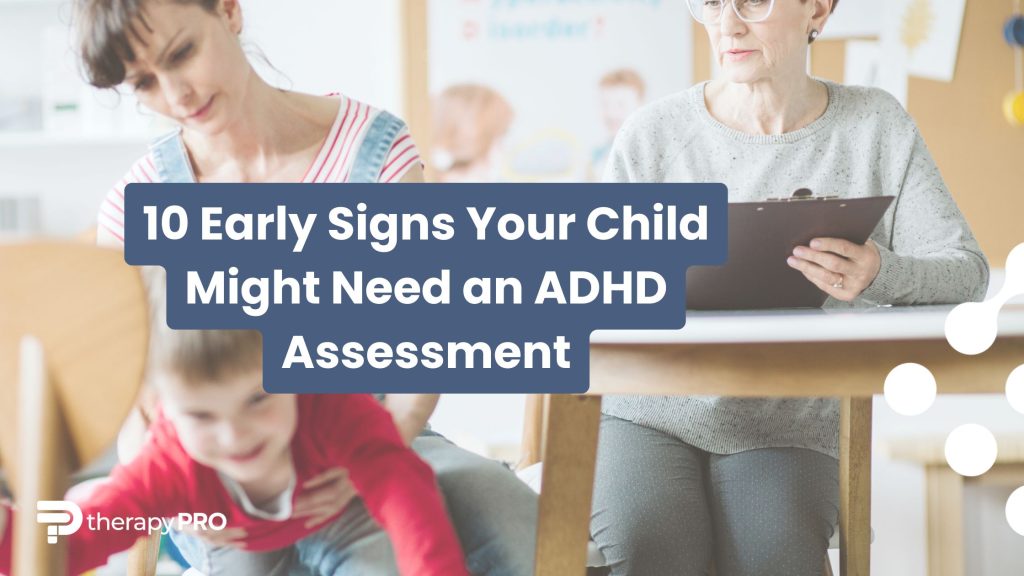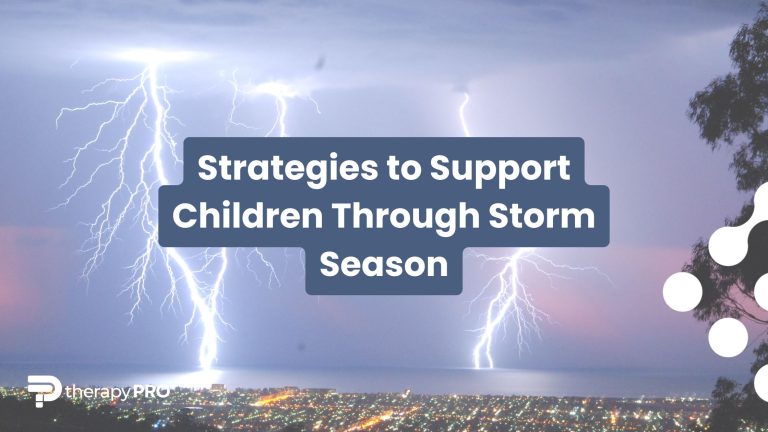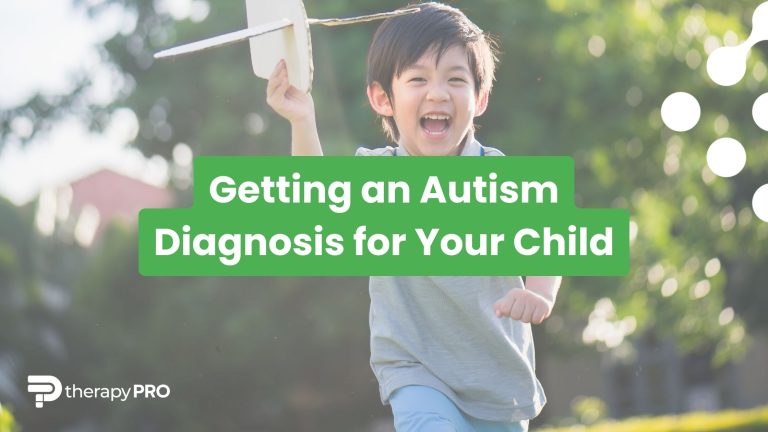10 Early Signs of ADHD
Understand why an ADHD assessment might provide the answers and support
As a parent, it’s natural to wonder whether your child’s behaviour is typical for their age or something that might need professional attention. ADHD affects many children and adolescents, but the signs aren’t always obvious – especially in girls, who are often underdiagnosed until later in life.
If you’re noticing persistent challenges that seem to go beyond “typical” childhood behaviour, an ADHD assessment might provide the answers and support your family needs.
While only a qualified professional can make an ADHD diagnosis using specific clinical criteria, recognising these common patterns can help you decide whether seeking an assessment might be beneficial for your child.
When everyday tasks become overwhelming
- Multi-step tasks feel impossible
Does your child need constant prompting to complete simple tasks like putting on shoes or getting ready for school? Maybe you’ve shown them how to put them on approximately 1 million times?!
Children with ADHD often struggle with executive functioning, making multi-step processes feel overwhelming.
- Organisation is a daily battle
Frequently losing belongings, forgetting homework, or starting a task and stopping half way through (despite constant reminders) could indicate attention challenges rather than defiance.
- Time management doesn’t improve with age
If your child consistently struggles with transitions between activities, is frequently late, or can’t estimate how long tasks will take, these could be signs of ADHD.
School and learning challenges
- Academic performance doesn’t match potential
Bright children with ADHD often underperform academically. They might excel in areas of interest but struggle with subjects that require sustained attention or organisation.
- Homework becomes a family battleground
If homework completion consistently requires significant parental involvement, takes hours longer than it should, or results in frequent meltdowns, it’s worth investigating further.
- Daydreaming disrupts learning
While hyperactivity gets more attention, the inattentive presentation of ADHD – characterised by daydreaming and “zoning out” – is equally important to recognise.
Social and emotional signs
- Friendships are challenging to maintain
Impulsive behaviour, difficulty taking turns, or trouble reading social cues and interrupting others can make it hard for children with ADHD to develop and maintain friendships.
- Emotional regulation feels intense
If your child seems to feel more anxious when there is a big day planned or has large meltdowns at the end of the school day, this might be a sign that their brain is struggling to keep up and mask, which can lead to big emotions.
- Self-esteem is declining
Children who consistently struggle to meet expectations – whether academic, social, or at home – often develop low self-esteem. They might say things like “I’m stupid” or “I can’t do anything right.”
Physical and behavioural indicators
- Fidgeting and restlessness are constant
While not all children with ADHD are hyperactive, many struggle to sit still during class, meals, or quiet activities like watching a movie all the way through.
This might look like leg bouncing, pen clicking, constantly changing positions, getting up and walking out of conversations, or needing high intensity exercise and rough play.
When high anxiety accompanies these ADHD signs
It’s important to note that many children with ADHD also experience anxiety.
If your child shows several of the above signs of ADHD alongside high levels of worry, perfectionism, or avoidance of challenging tasks, a comprehensive assessment becomes even more valuable.
What steps can you take next?
If you recognise multiple signs of ADHD in your child, an assessment can provide clarity and direction, and can help determine if they meet diagnostic criteria for ADHD or if other issues may be contributing.
At Therapy Pro, we work with children aged 6-15, using a comprehensive approach that includes gold standard assessments.
Our assessment process typically takes 7-9 weeks from initial consultation to receiving your detailed report, and we make the experience as comfortable as possible for both you and your child.
Remember, seeking an assessment doesn’t mean something is “wrong” with your child. Instead, it’s about understanding how their brain works best and accessing the right support to help them thrive.
An ADHD diagnosis can open doors to valuable accommodations at school, targeted strategies at home, and most importantly, help your child understand their unique strengths and challenges.
If several of these signs resonate with your family’s experience, consider reaching out for an initial consultation. Early identification and support can make a significant difference in your child’s academic, social, and emotional development.
Head on over to our assessment page to learn more or to make an enquiry.
About Therapy Pro’s team
This article was developed by Therapy Pro’s team of registered and provisionally registered psychologists. With experience providing comprehensive ADHD assessments for children and adolescents across Australia, our team delivers evidence-based evaluations tailored to each child’s individual needs. We are committed to delivering high-quality, family-centred care through our Brisbane and Melbourne clinics, with telehealth options available for initial consultations.
Therapy Pro’s ADHD assessments are provided on a fee-for-service basis, with some private health insurance policies covering psychological assessments. Our comprehensive reports can be used to support applications for school accommodations, NDIS supports, and other services. All assessments are conducted by qualified psychologists working under nationally recognised ethical guidelines, ensuring you receive professional, reliable results you can trust.
++++
Important notice: This information is general in nature and is not intended as personal advice. Individual responses to therapy vary. We recommend consulting with a qualified professional to discuss your specific circumstances and determine the most appropriate treatment approach for your needs.




